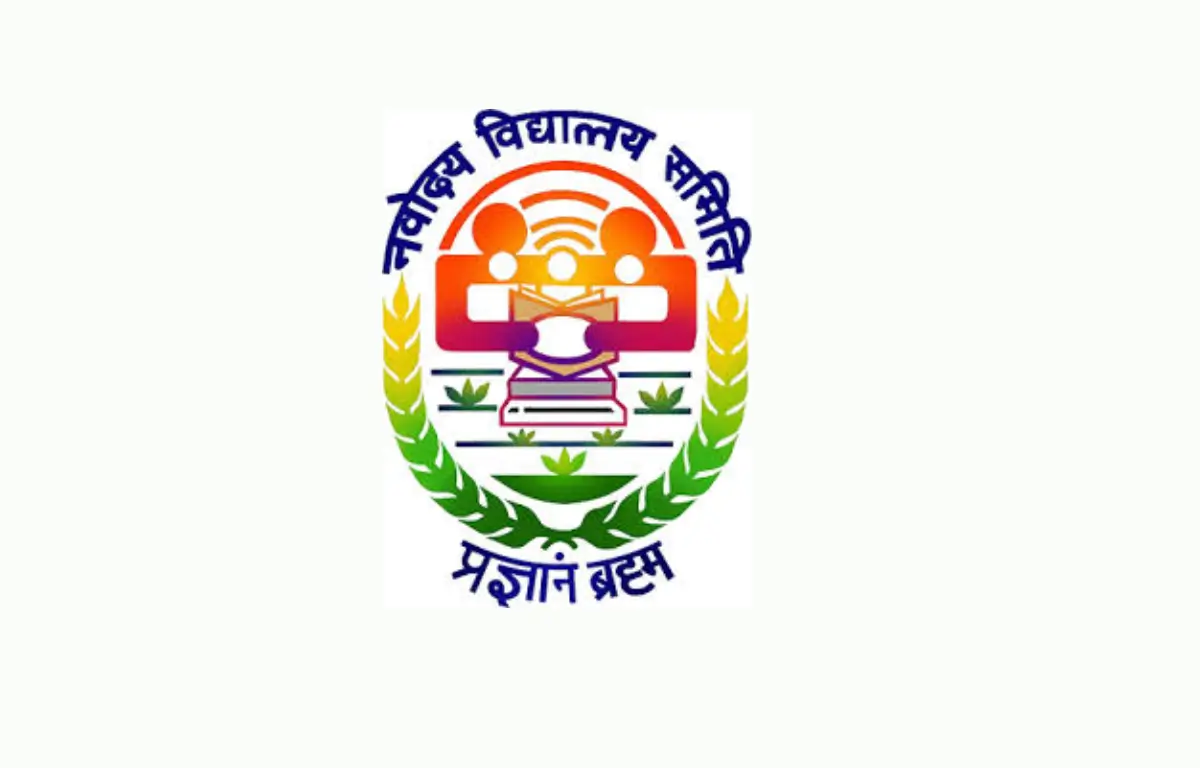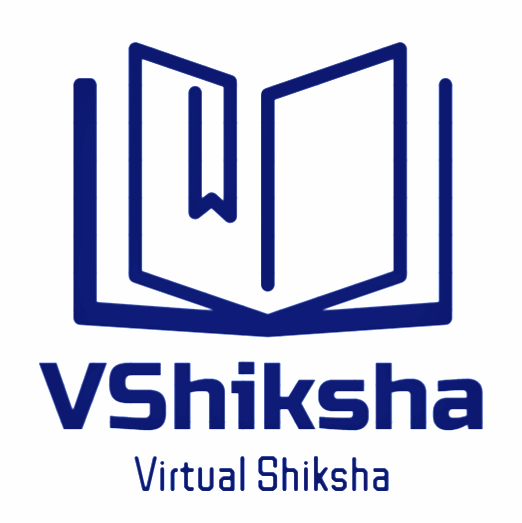Navodaya Vidyalaya Samiti Updates Recruitment Rules for 2025, Emphasizing Inclusivity and Digital Skills

Noida, March 22, 2025 – The Navodaya Vidyalaya Samiti (NVS), an autonomous body under the Ministry of Education, Government of India, has rolled out revised recruitment rules for teaching and non-teaching posts, effective for its 2025 hiring cycle. The changes, detailed in a notification released on March 19, 2025, on the official website (navodaya.gov.in), aim to modernize the workforce of over 650 Jawahar Navodaya Vidyalayas (JNVs) nationwide, aligning with the National Education Policy (NEP) 2020’s vision of skill-based and inclusive education. With a tentative plan to fill over 3,700 vacancies, including roles for Principals, Post Graduate Teachers (PGTs), Trained Graduate Teachers (TGTs), and non-teaching staff, the updates have sparked both anticipation and debate among educators and aspirants.
Key Amendments to Recruitment Rules
The revised framework introduces several significant changes to eligibility, selection processes, and job requirements, reflecting contemporary educational priorities:
- Broadened Eligibility for PGTs and TGTs
- PGTs: Previously, candidates required a Master’s degree and B.Ed in the same subject as their undergraduate studies for most disciplines. The new rules relax this for all PGT posts except Biology, requiring only a Master’s degree with 50% marks and a B.Ed, regardless of undergraduate subject alignment. This shift aims to widen the applicant pool amid concerns over teacher shortages.
- TGTs: A four-year integrated degree from Regional Colleges of Education or a Bachelor’s degree with 50% marks and B.Ed remain mandatory, alongside Central Teacher Eligibility Test (CTET) clearance. However, a new requirement mandates basic certification in digital pedagogy, emphasizing tech-savvy educators.
- Mandatory Digital Literacy Across Posts
- All teaching and non-teaching candidates must now demonstrate proficiency in digital tools, assessed via a dedicated module in the computer-based test (CBT). This includes familiarity with virtual classroom platforms, a nod to the increasing integration of technology in JNVs.
- Introduction of Inclusive Education Roles
- The rules formalize the recruitment of Special Educators, requiring a degree or diploma in Special Education from a Rehabilitation Council of India (RCI)-recognized institution. This addition addresses the growing demand for inclusive education, with JNVs aiming to better support students with special needs.
- Selection Process Refinement
- The selection weightage has shifted to 70% for the written CBT, 20% for a demonstration or skill test (for teaching posts), and 10% for interviews, down from a previous 15% interview component. For non-teaching roles like Junior Secretariat Assistant (JSA) and Multi-Tasking Staff (MTS), a typing or skill test is now compulsory alongside the CBT.
- A new “Rural Exposure” criterion offers bonus points to candidates with experience in rural education settings, aligning with NVS’s mission to serve rural talent.
- Age Relaxation and Diversity Focus
- The upper age limit for teaching posts has been raised by two years (to 42 for general category PGTs/TGTs), with additional relaxations for SC/ST/OBC candidates as per government norms. Non-teaching posts see a similar relaxation, encouraging experienced professionals to apply.
Driving Forces Behind the Changes
The updates follow recommendations from a high-level committee formed in 2024 to review NVS staffing needs, prompted by the NEP’s push for holistic education and the increasing enrollment in JNVs (over 2.8 lakh students as of mid-2024). NVS Commissioner Vinayak Garg stated, “These changes ensure our educators and staff are equipped to deliver quality education in a digital age while staying true to our rural focus.” The relaxation of subject-specific undergraduate requirements for PGTs, except in Biology, responds to feedback from previous cycles, where rigid criteria excluded many qualified candidates.
The emphasis on digital literacy and special education aligns with national priorities, as JNVs aim to bridge urban-rural educational gaps and prepare students for competitive exams like JEE and NEET, where digital resources play a growing role. The rural exposure bonus reflects NVS’s commitment to its core constituency, with over 80% of its schools located in rural areas.
Mixed Reactions from Stakeholders
The revisions have elicited a range of responses. Teaching aspirants have largely welcomed the relaxed PGT eligibility, with one X user noting, “Finally, a chance for those with diverse academic backgrounds to join NVS!” However, some critics argue it could dilute subject expertise, particularly in science disciplines. A retired JNV principal, Dr. Suresh Patil, cautioned, “While inclusivity is good, core subject mastery remains critical for PGTs.”
The mandatory digital certification has raised concerns among older applicants, who fear it disadvantages those less familiar with technology. Meanwhile, the All India Navodaya Teachers’ Association (AINVTA) praised the special educator roles but urged clarity on vacancy numbers, citing the 2024 non-teaching recruitment of 1,377 posts as a benchmark for transparency.
Implementation and Next Steps
NVS plans to roll out training modules for digital literacy through its seven Navodaya Leadership Institutes (NLIs) starting April 2025, ensuring candidates have ample preparation time. The official recruitment notification, expected by June 2025, will confirm the exact vacancy count—speculated at 3,727 based on internal requisitions from the 2025 Annual Transfer Drive (ATD)—and detail the application process via navodaya.gov.in.
The shift to an April-March academic calendar for recruitment aligns JNVs with other central boards, streamlining exam schedules. However, challenges remain, including updating infrastructure in remote schools and ensuring equitable access to digital training for rural candidates.
A Vision for the Future
With these changes, NVS aims to reinforce its position as a beacon of quality education for rural India, serving over 2.8 lakh students annually. As the 2025 recruitment cycle approaches, the focus on inclusivity, technology, and rural engagement signals a progressive step forward—though its success will hinge on meticulous execution and addressing stakeholder concerns. For now, aspirants are gearing up, with NCERT textbooks and digital skills topping their preparation lists, as NVS charts a new course in its storied legacy.
